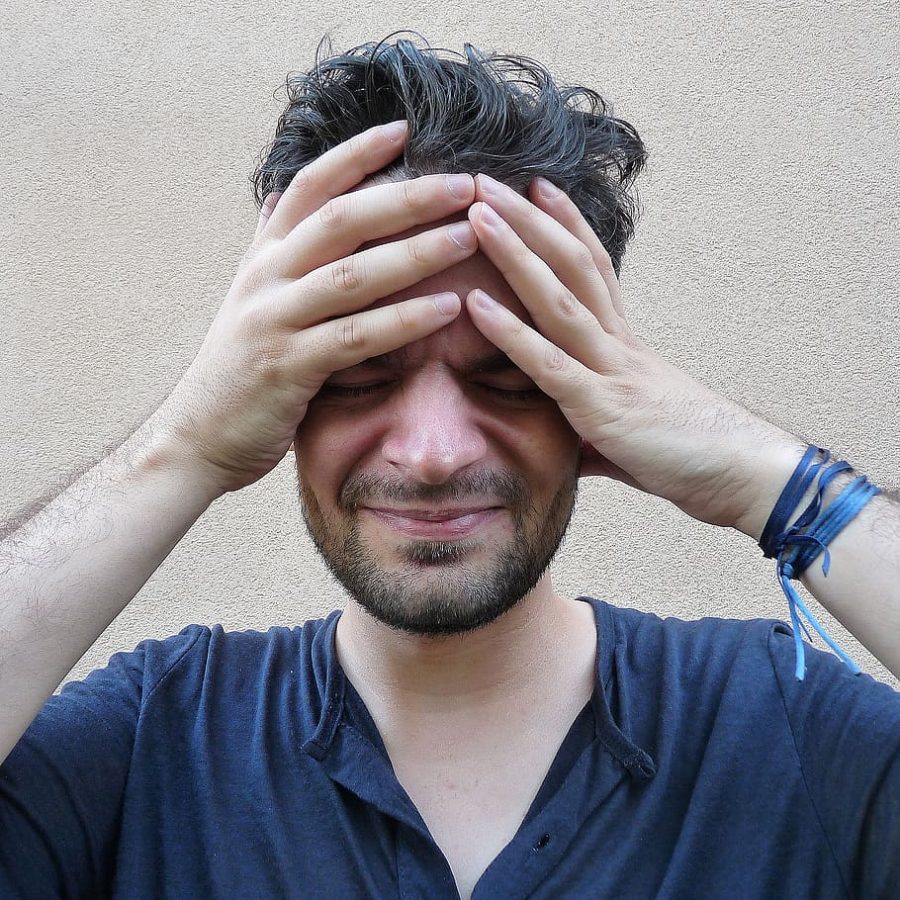COVID19 And Its Mental Effects
April 25, 2020
With a global pandemic going on, stress is at an all-time high. Adults, teenagers, and kids alike are left confused and afraid for the future. The Department of Health and Human Services says, “Although everyone reacts differently to disasters, some of those affected may suffer from serious mental or emotional distress”. It’s easy for us to overthink in times of uncertainty, so it’s important to make sure you’re doing everything you can to stay mentally strong.
The CDC has been actively updating their website with ways to help you destress during quarantine. They recommend taking care of your body by stretching, exercising, and meditating, as well as getting plenty of sleep and avoiding alcohol and drugs. The CDC also mentions that those with preexisting mental health conditions might be at risk to relapse or conditions may worsen, so it is extremely important to listen to your body and talk to family and friends you trust. Additional information about substance abuse and mental health services can be found here.
“Remember to breathe!” says Cindy Wolfe, one of Jonathan Alder High Schools’ guidance counselors. Finding ways to lower your stress level is important: “By lowering your stress levels,” she adds, “you remain more balanced and tough situations are easier to manage.”
Ann Davis, another guidance counselor at JAHS, is setting an example for how to practice self-care. She says, “I’m making sure I take time for myself by doing yoga, walking the dogs, and getting outside as much as I can.”
Jonathan Alder High School’s Pioneer Press Instagram account sent out a poll to their followers, asking “What have you been doing to destress during quarantine? Students responded by saying that they are playing with their pets, exercising, playing animal crossing, and playing guitar. Several apps such as TalkSpace, BetterHelp, and MindShift are all helpful apps you can download on IOS and Android that help to destress, offer online meditation sessions, and even offer counseling and can connect you with a therapist via chat.
As mentioned above, exercise is a great way to destress. Walden University published an article stating that “Physical activity kicks up endorphin levels, the body’s famous “feel good” chemical produced by the brain and spinal cord that produces feelings of happiness and euphoria.” Michael Gray, a senior at JAHS who runs cross country as well as track, says, “Running has always helped me to relax. It kind of clears my mind so that after I’m done I can think clearly.” Nike is offering Nike Training Club Premium workouts for free. Fitbit is also offering a free 90-day Premium trial to combat the ease of laziness during quarantine.
The CDC says, “When you feel that you are missing information, you may become more stressed or nervous. Watch, listen to, or read the news for updates from officials.” They add, “Be aware that there may be rumors during a crisis, especially on social media. Always check your sources and turn to reliable sources of information like your local government authorities.”









